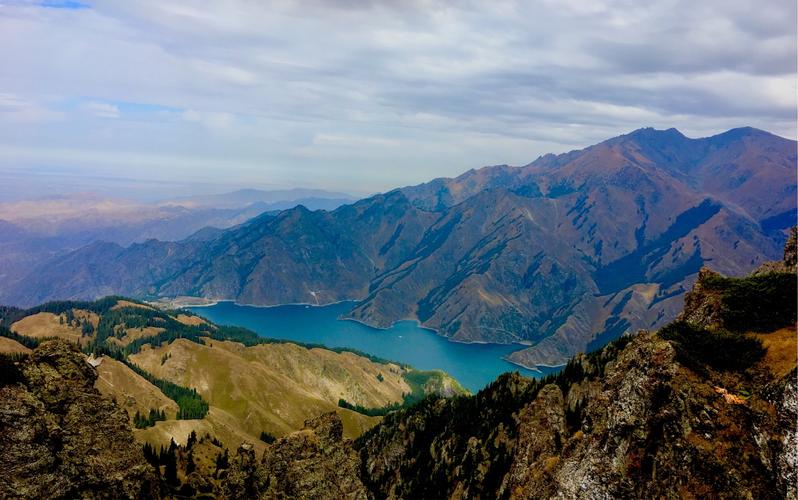How to Secure a Cultural Heritage Grant Funding for Your Community Project
Preserving cultural heritage is an essential aspect of maintaining the identity and history of a community. It not only helps in preserving cultural identity but also attracts tourism and boosts the local economy. However, cultural heritage preservation projects can be expensive, and not everyone has the resources to fund them. Fortunately, various grant funding opportunities are available that can help communities preserve their cultural heritage. In this article, we’ll discuss the ways to secure cultural heritage grant funding for your community project.
1. Specify Your Project Goals
The first step in securing cultural heritage grant funding is to specify your project goals. You need to develop a project proposal that outlines your community’s cultural heritage preservation project’s goals and how it will benefit the community. You should identify your project’s objectives, target audiences, and expected deliverables. This information helps grant funding organizations assess the merit and impact of the project, increasing your chances of securing cultural heritage grant funding.
2. Identify Your Funding Sources
Once you have defined your project goals, research potential funding sources that align with your project’s objectives. National arts funding organizations like the National Endowment for the Arts (NEA), the National Trust for Historic Preservation, and the National Park Service offer substantial cultural heritage grant funding opportunities. Other organizations, like state arts councils or local cultural heritage societies, may also provide funding for community projects, so be sure to investigate all possible sources carefully.
3. Prepare a Strong Grant Application
After identifying your potential funding sources, it’s time to prepare a compelling grant application that presents your project in the best possible light. Ensure that your project proposal meets the funder’s eligibility criteria, guidelines, and application instructions. It’s essential to be transparent, thorough, and persuasive in your grant proposal. Also, include a detailed budget outlining how funds will be used and a timeline of project activities.
4. Seek Professional Assistance
Securing cultural heritage grant funding can be challenging, and it is advisable to seek professional assistance when writing grant proposals. Hire a writer with expertise in grant writing to improve your chances of success. You can also consult with nonprofit organizations, arts councils, and other grant-making organizations to seek professional advice on grant proposal development.
5. Showcase Your Community’s Commitment
Your grant application should demonstrate your community’s commitment to the cultural heritage preservation project. Include letters of support from community leaders and stakeholders, showing your project’s impact and value to the community. Collaborating with local organizations and communities can also demonstrate your project’s broad potential appeal, making it more attractive to funders.
Conclusion
Securing cultural heritage grant funding can be a challenging task, but with thorough research, careful planning, and a well-written grant proposal, communities can achieve their cultural heritage preservation goals. By specifying project objectives, identifying funding sources, preparing a compelling proposal, seeking professional assistance, and showcasing community commitment, you can improve your chances of securing cultural heritage grant funding. Remember, grants are highly competitive, so do your best to make your project stand out. Good luck!
(Note: Do you have knowledge or insights to share? Unlock new opportunities and expand your reach by joining our authors team. Click Registration to join us and share your expertise with our readers.)
